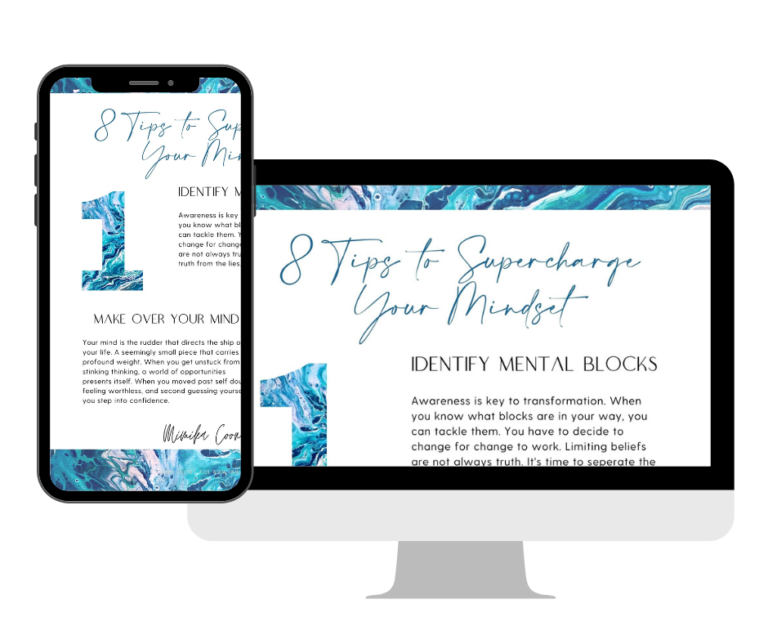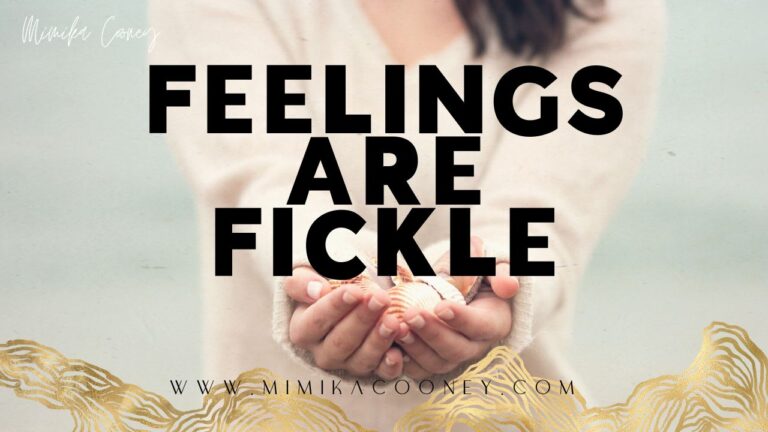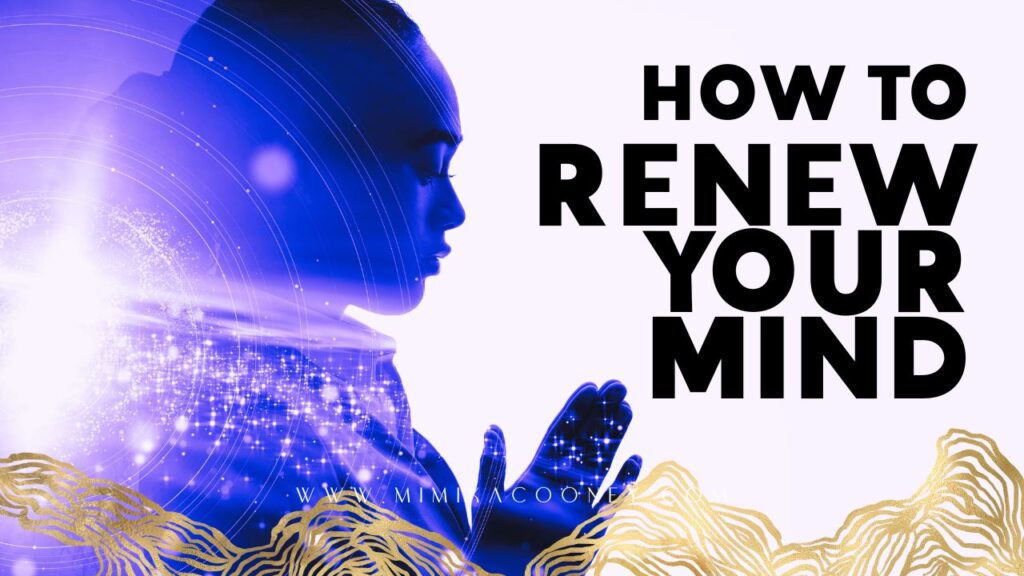Feelings should come with a warning label “Trust with Caution”.
We might think that our feelings are what needs to dictate our day, but the truth is our feelings are fickle.
They lie to us, they only see what they want to see, and they demand attention.
Our feelings are like a 2 year old having a hissy fit. Often irrational and unreasonable.
Our feelings are a results of our thoughts.
If we can learn to take our thoughts captive, we become the adult in our mind and don’t allow the 2 year to ruin our day.
The Fickleness of Feelings: Embracing Change Despite Discomfort
Change is an inherent part of our existence. Whether it’s learning a new skill, adapting to new environments, or embracing unfamiliar challenges, our journey through life is punctuated by moments of transformation. However, our emotions and feelings, particularly when encountering the unknown, can sometimes be our greatest adversary. Here’s a look into how our feelings can deceive us and the importance of pushing past them.
Childhood Reminders: The Bike Lesson
We’ve all been there. Remember the first time you tried riding a bike? The unfamiliar sensation of balancing on two wheels, the nervousness, the trembling legs, and the overwhelming desire for your parents not to let go. That childlike apprehension is not just limited to our early years. It often follows us into adulthood, albeit in different forms.
Why Our Brain Resists
Our brain, despite its incredible capabilities, is wired for self-preservation. Any unfamiliar situation signals potential danger, leading to feelings of discomfort, anxiety, or fear. It’s not necessarily a bad thing; it’s our brain’s way of protecting us. But, just as with riding a bike, sometimes we need to push past these initial feelings to truly embrace change and growth.
The Illusion of ‘Feeling Ready’
One of the biggest misconceptions about change is the idea that we’ll “feel ready” when the time is right. The truth? You’re never truly going to feel 100% ready. Waiting for that perfect moment when all the stars align and everything feels right might mean you’ll be waiting forever.
Taking the Plunge: Committing to Change
Instead of waiting for the ideal moment, commit to change right now. It might be messy; you might stumble, just like you did when you were learning to ride a bike. But, with time and persistence, the unfamiliar becomes the familiar. Emotions and feelings are ever-changing, and just as the fear fades away with each successful bike ride, so will the trepidation associated with new challenges.
In Conclusion
Life is filled with moments of hesitation and doubt, but it’s crucial to recognize that these feelings are fleeting. Instead of being dominated by them, embrace the lessons from our childhood, trust the process, and most importantly, take that first step, no matter how uncertain it may seem. Remember, it’s not about waiting for the storm to pass, but learning to ride in the rain.





